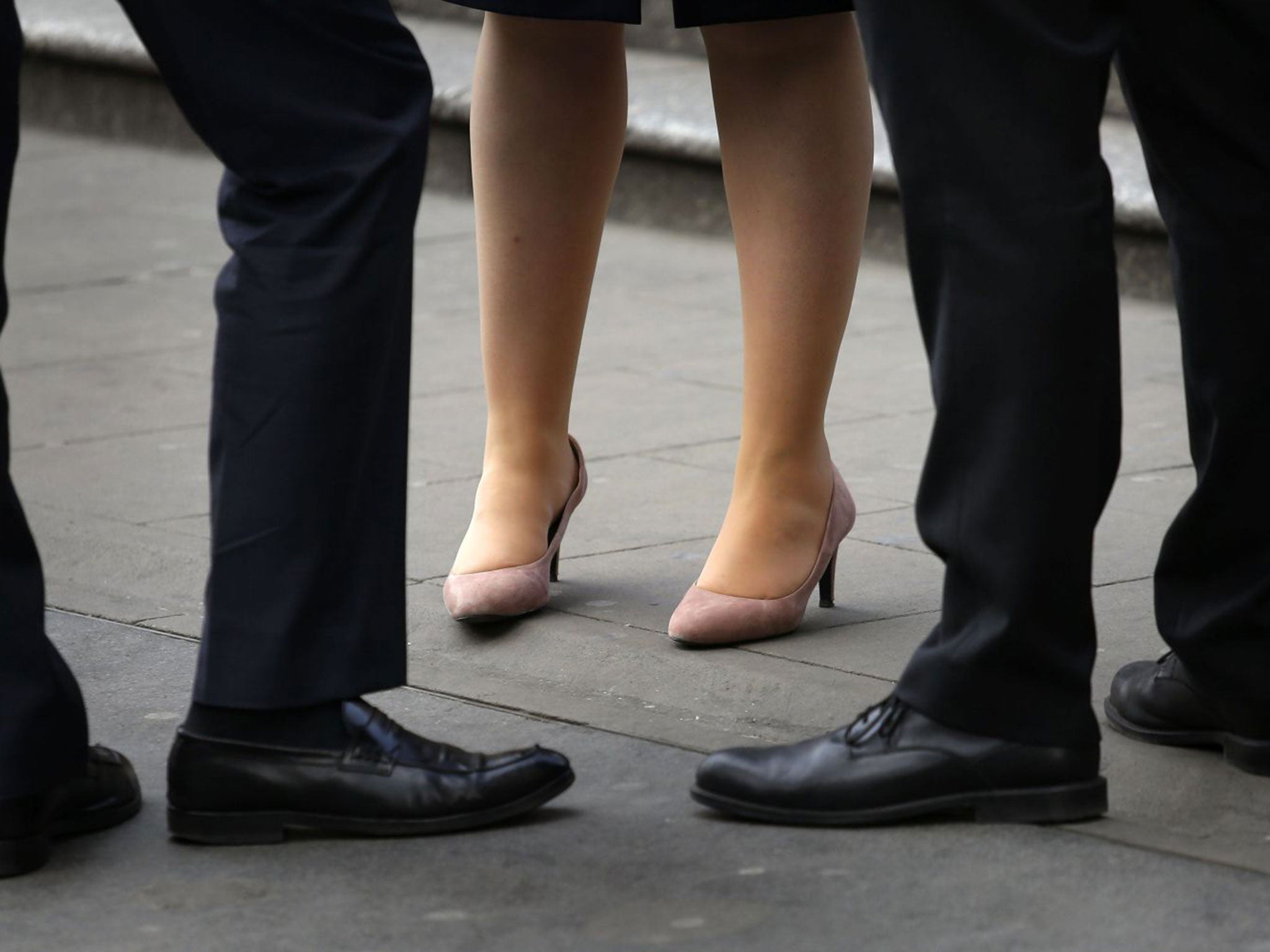Women still face 'massive gender bias' in UK workforce, new AI study finds
'Some sectors appear as ‘virtual economic ghettos’ of men,' says expert

Your support helps us to tell the story
From reproductive rights to climate change to Big Tech, The Independent is on the ground when the story is developing. Whether it's investigating the financials of Elon Musk's pro-Trump PAC or producing our latest documentary, 'The A Word', which shines a light on the American women fighting for reproductive rights, we know how important it is to parse out the facts from the messaging.
At such a critical moment in US history, we need reporters on the ground. Your donation allows us to keep sending journalists to speak to both sides of the story.
The Independent is trusted by Americans across the entire political spectrum. And unlike many other quality news outlets, we choose not to lock Americans out of our reporting and analysis with paywalls. We believe quality journalism should be available to everyone, paid for by those who can afford it.
Your support makes all the difference.Women still face a “massive gender bias” in the UK workforce, a new first of its kind study powered by artificial intelligence has found.
The research, published by the Royal Statistical Society, found around 95 per cent of receptionists, legal secretaries and care assistants are female in the UK, while some 85 per cent of investment bankers are male.
Although men and women were found to be almost as equally likely to participate in the workforce, men continue to be far more likely than women to be in leadership roles across all sectors.
The research found some 82 per cent of all CEOs, 92 per cent of chairpersons and 73 per cent of directors are male – confirming statistics already highlighted by Office of National Statistics research.
Of 108 economic sectors looked at, 87 per cent were found to be biased towards men.
The research was done by Glass A.I – a startup which used technology to read and interpret every website of the internet from the UK.
Sergi Martorell, co-founder of the company, said they were surprised by the findings due to the “sheer scale” of gender bias across different sectors of the UK economy.
“We saw massive segregation of roles in different economic sectors – a level of detail we can’t get in official stats,” he said. “Some sectors appear as ‘virtual economic ghettos’ of men or women.”
“The findings reveal massive levels of gender imbalance, much more than previously suspected. It is well known that there is a male bias in the board room, and the study supports known gender biases, but it also reveals much starker segregation than previously understood, and complex gender dispersal patterns varying wildly across sectors and job types.”
He said the research showed more detail than previous research – saying it was the first time a new AI system that understands written language has been used to read the entire UK’s internet (200m web pages) and examine the workplace roles for men and women.
Mr Martorell added: “This AI technique is a world first and we believe it will open the door for more AI-based research using the open web as a live laboratory or mirror of complex social and economic issues.”
The study found creative industries such as media, music, internet and photography also remain overwhelmingly male-dominated and heavily male-biased.
It did expose some female-dominated sectors too – with primary and secondary education found to be 71 per cent female and veterinary science 78 per cent female.
Ana-Maria Huluba, a data scientist who oversaw the study, said the findings demonstrate ”the sheer scale of bias across ordinary jobs and the level of gender segregation between sectors”.
Join our commenting forum
Join thought-provoking conversations, follow other Independent readers and see their replies
Comments